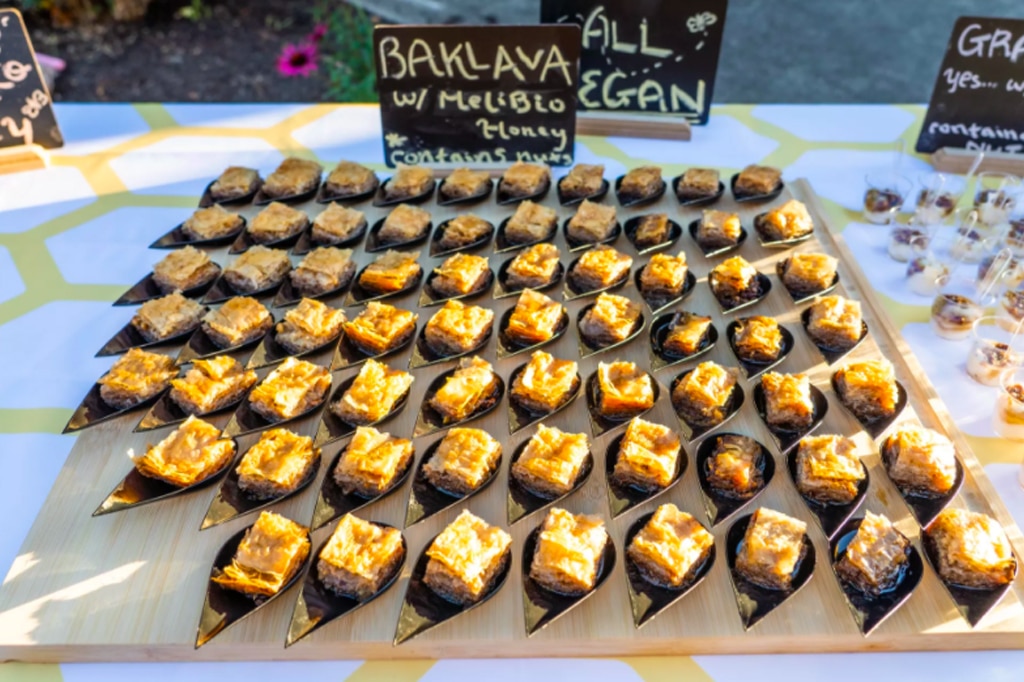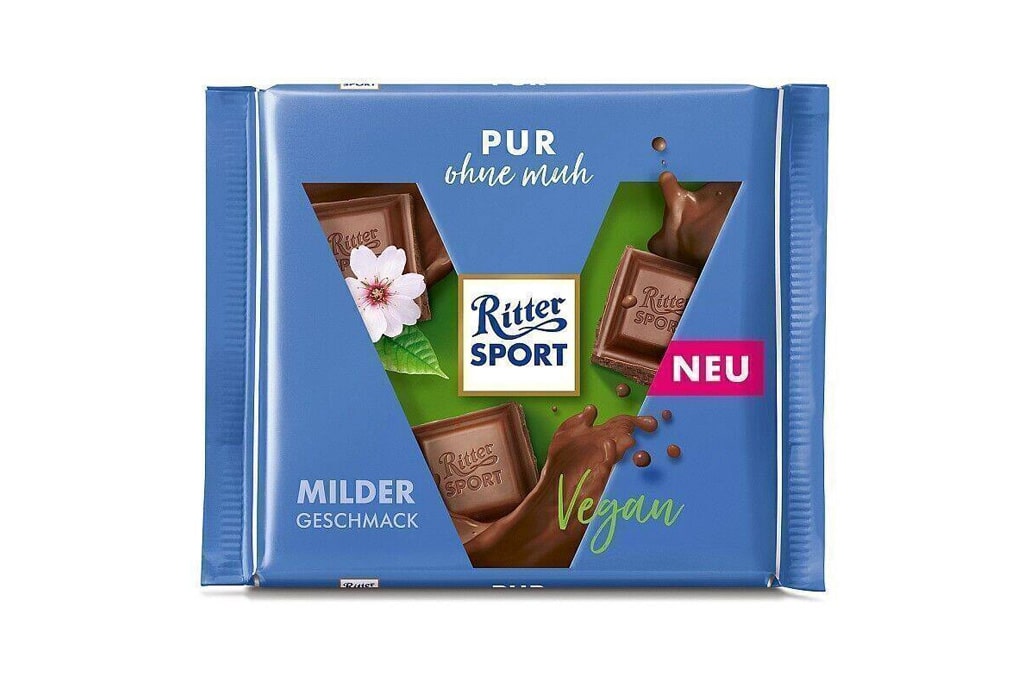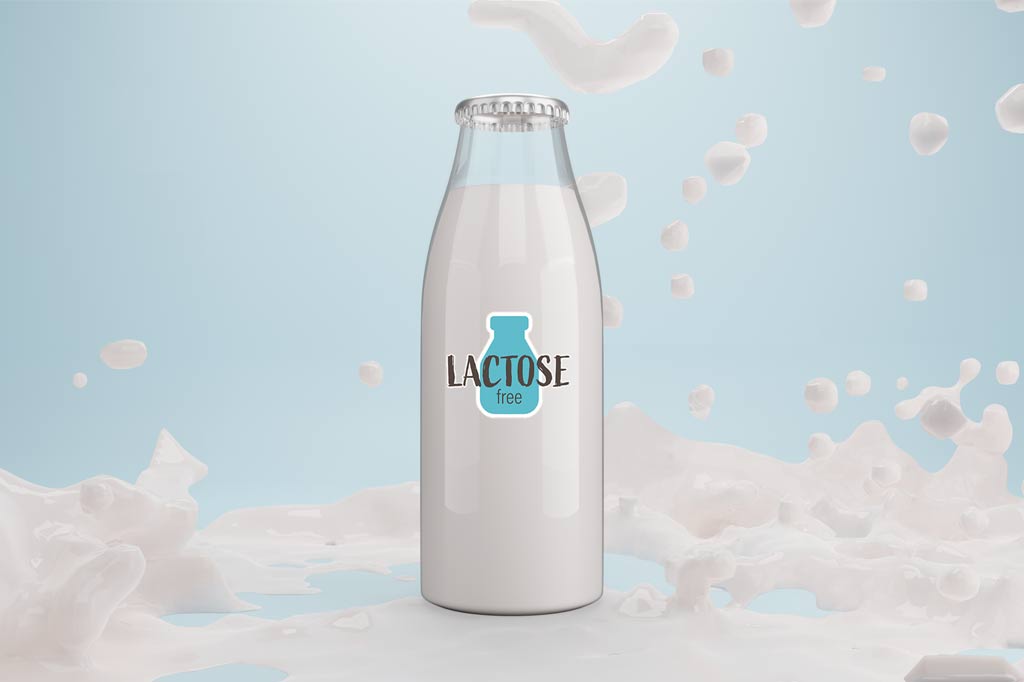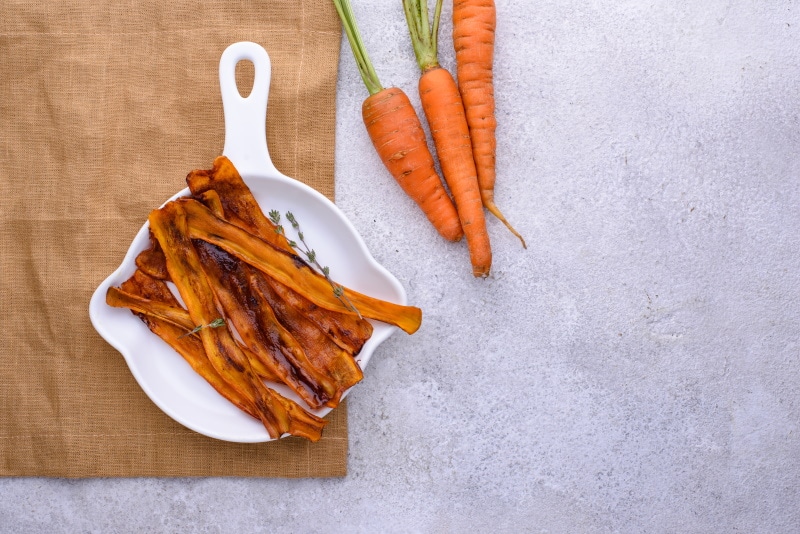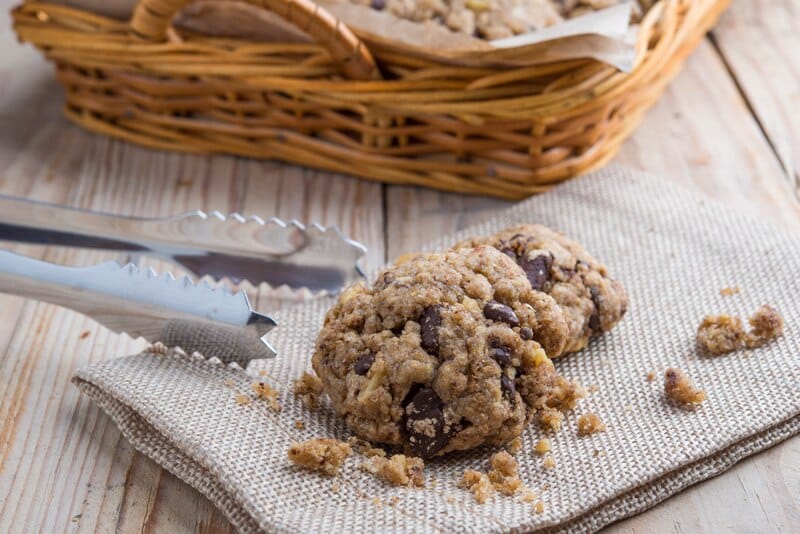MeliBio a Californian tech startup just unveiled the world’s first real honey made without the involvement of bees. It’s done by a proprietary new process that replaces bees to produce honey that is identical to the real thing without harming the bees and/or the environment.
It was founded back in 2020, at the beginning of the pandemic, they manage to raise USD 1.5 million in pre-seed rounds from all over the world, since then they scaled the production to serve multiple clients as an ingredient manufacturer.
Darko Mandich, CEO and Co-Founder of MeliBio, said in a statement.
“MeliBio is founded with the mission to make food in a way to save our planet Earth by ending our use of bees in honey production, and thereby helping to restore bee biodiversity amongst native and wild bees worldwide,”
“Scientific advancements have created a very exciting position where humans can finally make one of their favorite foods without the use of animals.”
MeliBio test-drives its vegan honey as one of the ingredients of a selection of baklava, which is rich in honey at an event attended by more than 100 food technology innovators in Berkeley, CA. The startup scaled their manufacturing process of the bee-free honey to start working with clients in food service and business-to-business (B2B). The deliveries will start probably by January of 2022.
MeliBio’s bee-free honey represents an enormous opportunity for companies that use honey for example snack company KIND, General Mills’ brand Honey Nut Cheerios, or even beauty and cosmetics brands will be able to switch to an identical alternative that does not harm the bees or the environment.
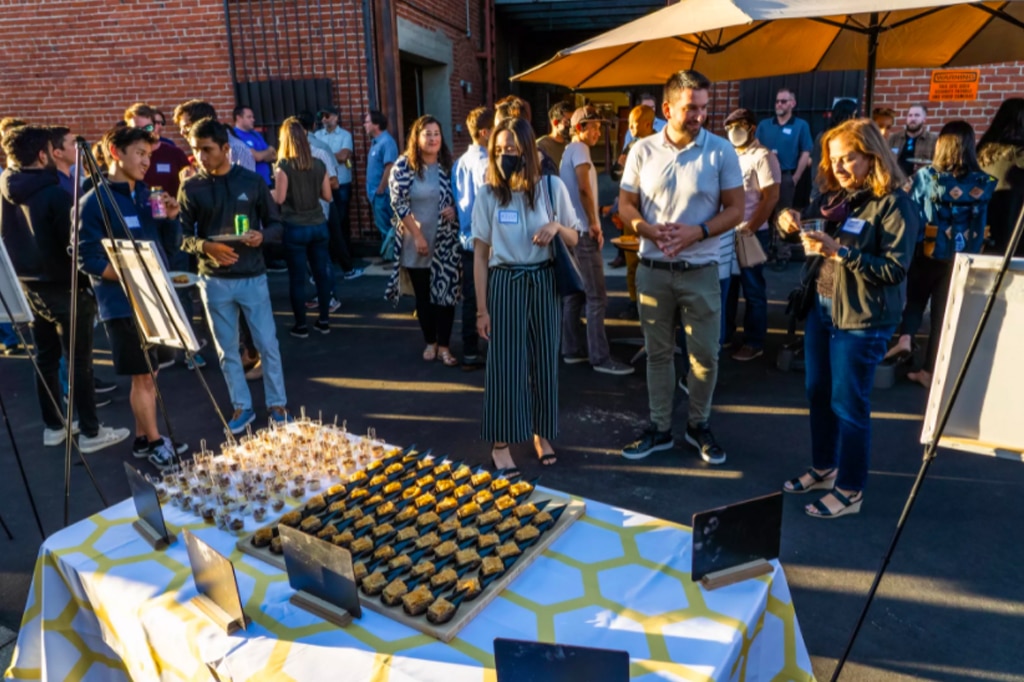
Honey is not vegan because it is working by disturbing the natural cycle of the bees, especially on the industrial level. Bees work very hard to produce honey as their only source of nutrition when collecting the nectar from flowering plants and converting it to honey, the insects’ primary source of carbohydrates. Honey gives bees the energy for flying, colony maintenance, and general daily activities.
In commercial production, bees are transported to different areas where they will be able to consume only mono-nutrients from single crops, then becoming exposed to pesticides, and no longer can hibernate. The queen bee is usually artificially inseminated and her wings removed to prevent her from leaving the hive and colonizing a different one. Honey is then taken from then bees then fed sugary compound water.
In 2020, the global honey industry was valued at $9 billion and the broken system is putting bees in danger.

